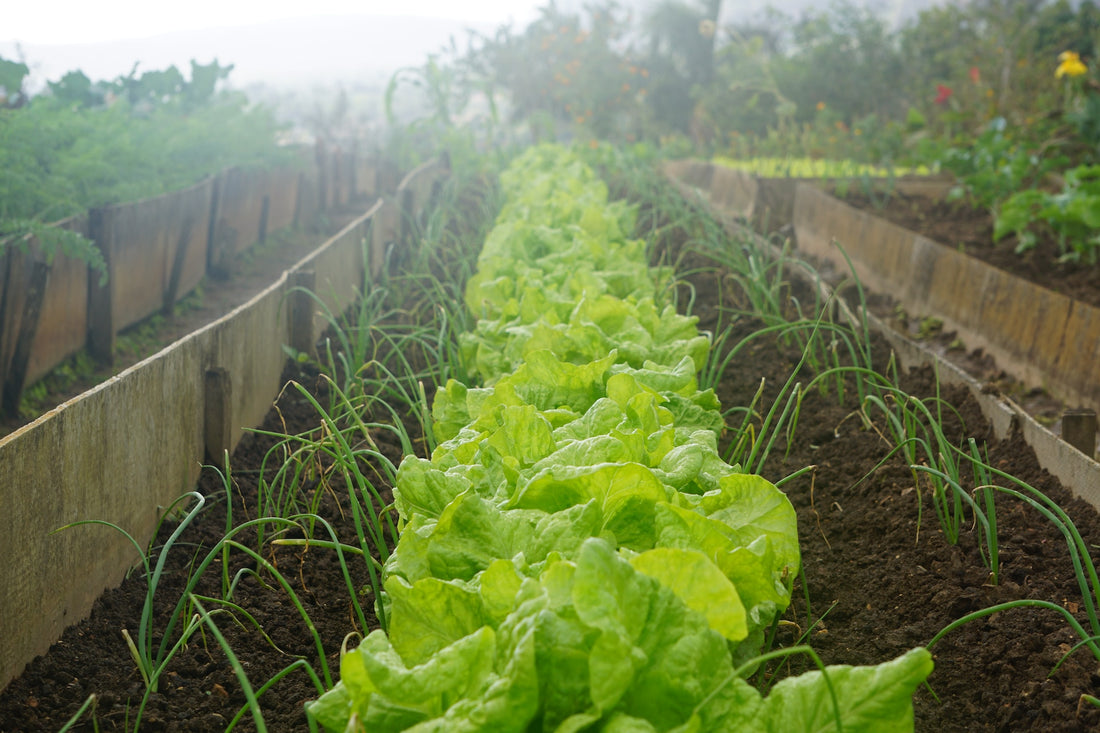- Choose the right location: Vegetables need at least six hours of sunlight per day, so choose a spot in your garden that receives ample sunlight.
- Prepare the soil: Before planting, prepare the soil by removing any rocks, weeds, or debris. Add compost, manure, or other organic matter to improve soil fertility.
- Plant at the right time: Plant your vegetables at the right time for your climate. Consult a gardening calendar to determine the best planting dates.
- Water properly: Water your vegetables regularly, but don't overwater. Too much water can lead to root rot and other problems. Use a soaker hose or drip irrigation system to water your plants deeply and efficiently. Overhead watering should be avoided as it causes diseases to develop.
- Garden Up: Use a trellis or fence to grow vining vegetables vertically, maximizing your garden space.
- Don't limit the garden to just vegetables: Plant herbs and flowers throughout your garden to attract beneficial insects and pollinators.
- Mulch: Mulching your vegetable garden can help retain moisture, suppress weeds, and regulate soil temperature. Learn more here
- Fertilize: Fertilize your vegetables with a balanced fertilizer to promote healthy growth and yields. Learn more here
- Row Covers: Use row covers or netting to protect your plants from birds and other pests. Be careful to let the plants receive sunlight, air, and water, though. Row covers are excellent as a short-term solution.
- Companion planting: Planting certain vegetables together can help deter pests and improve yield. For example, planting onions with tomatoes can help repel pests. Learn more here
- Prune: Pruning can help control the size and shape of your plants, as well as promote air circulation and prevent disease.
- Harvest regularly: Harvest your vegetables regularly to promote growth and prevent over-ripening or rotting. Many vegetables, like cucumbers, zucchini, and peas, will produce more if you pick more – once that fully grown cucumber is harvested, the plant can focus its energies on producing more.
- Rotate crops: Rotating your crops can help prevent soil-borne diseases and pests from building up in the soil. Learn more here

13 Hacks For A Successful Vegetable Garden
Growing vegetables is a rewarding experience that can provide you with fresh and healthy produce. However, it can be a daunting task for beginners. Even the most experienced bump up against challenges. But with a little bit of knowledge and some simple hacks, you can have a successful vegetable garden.


